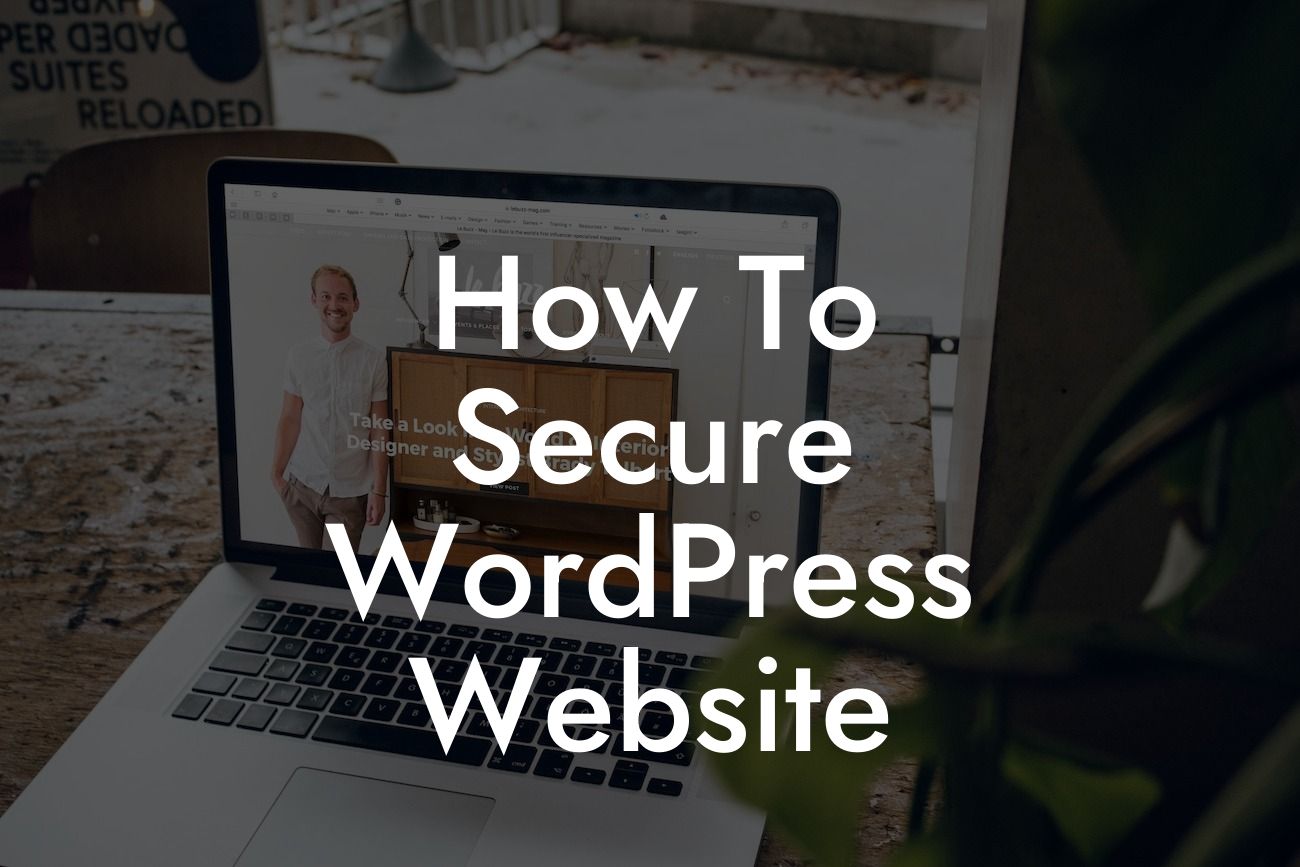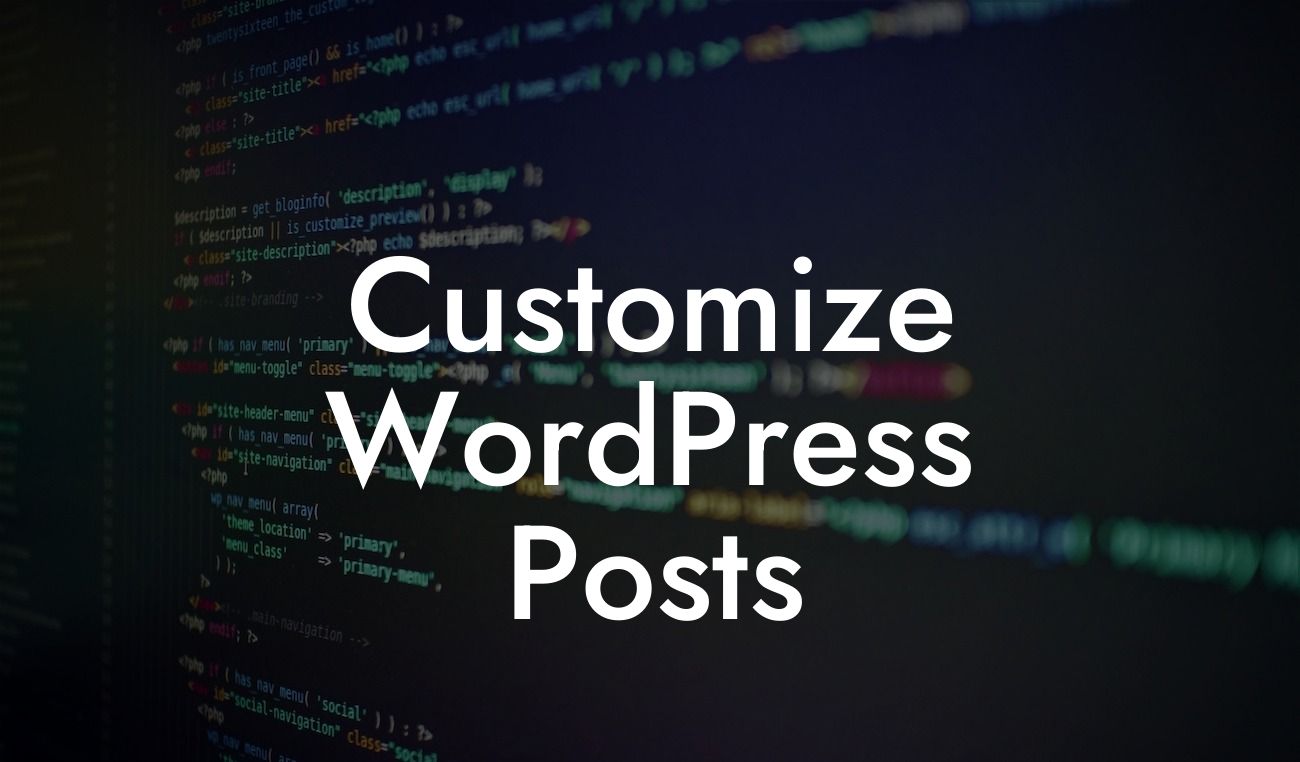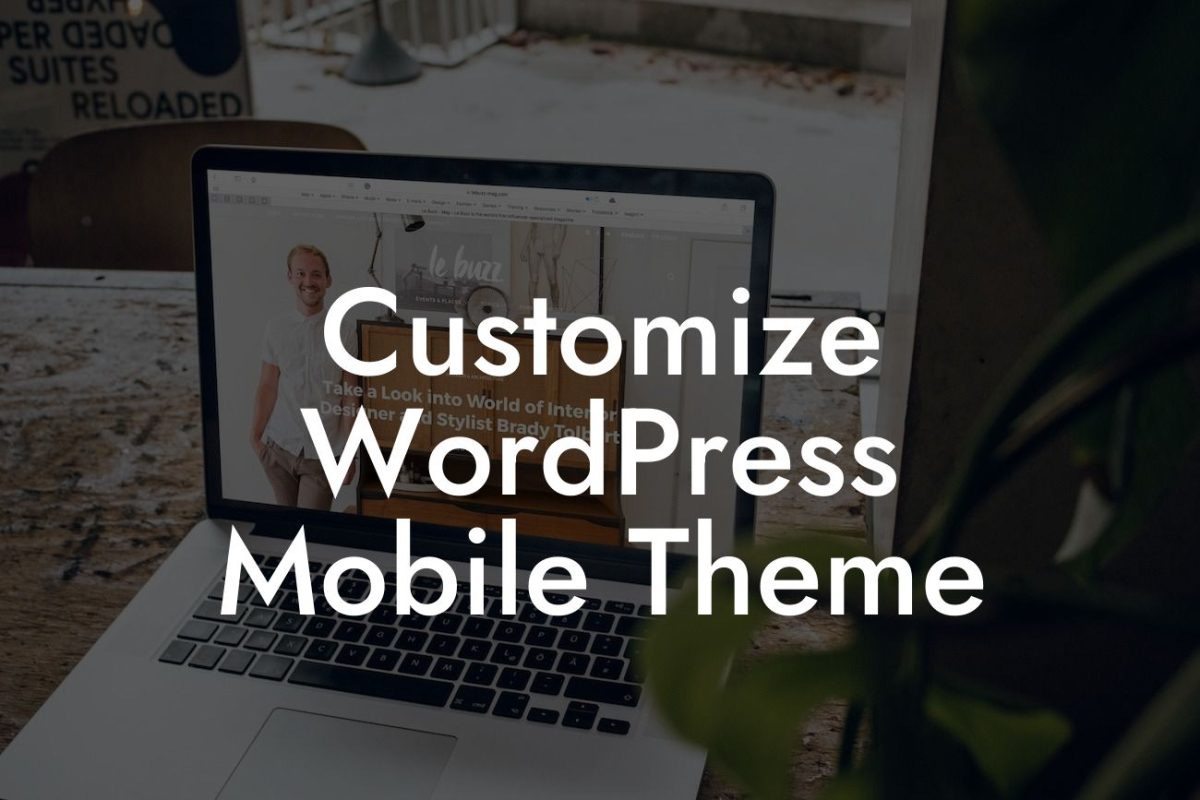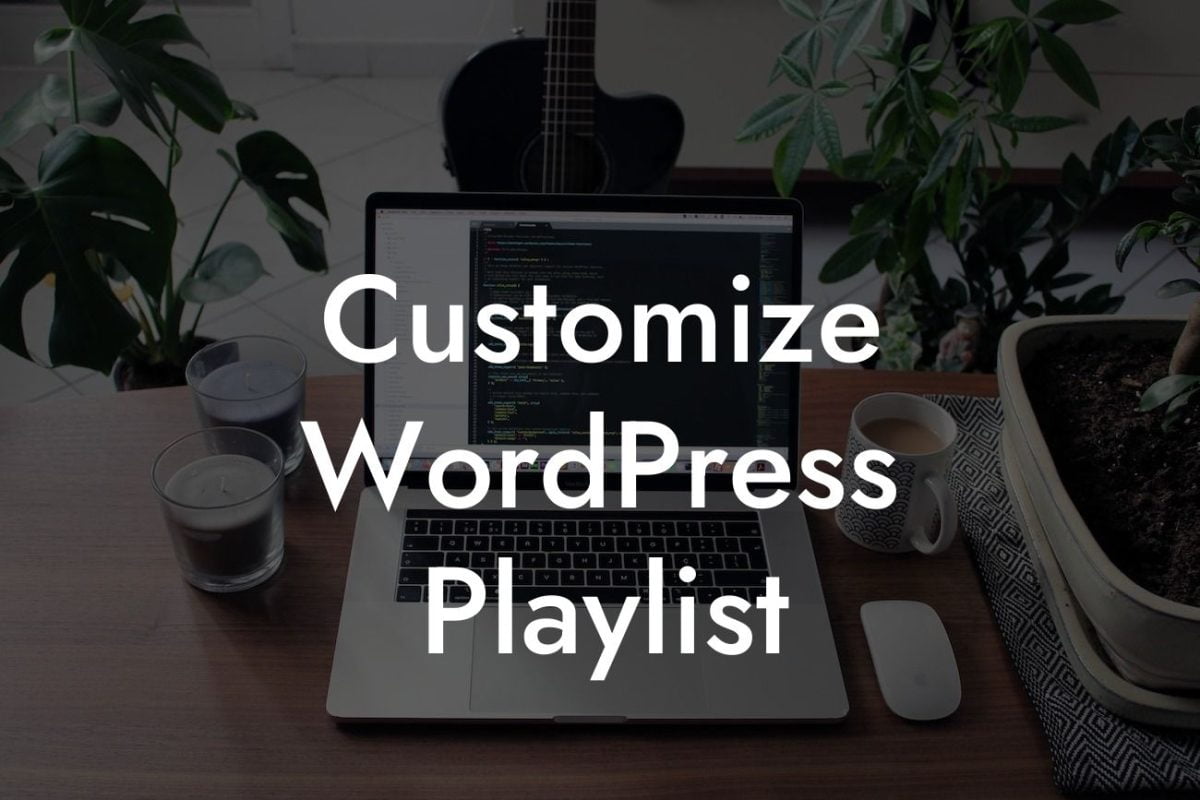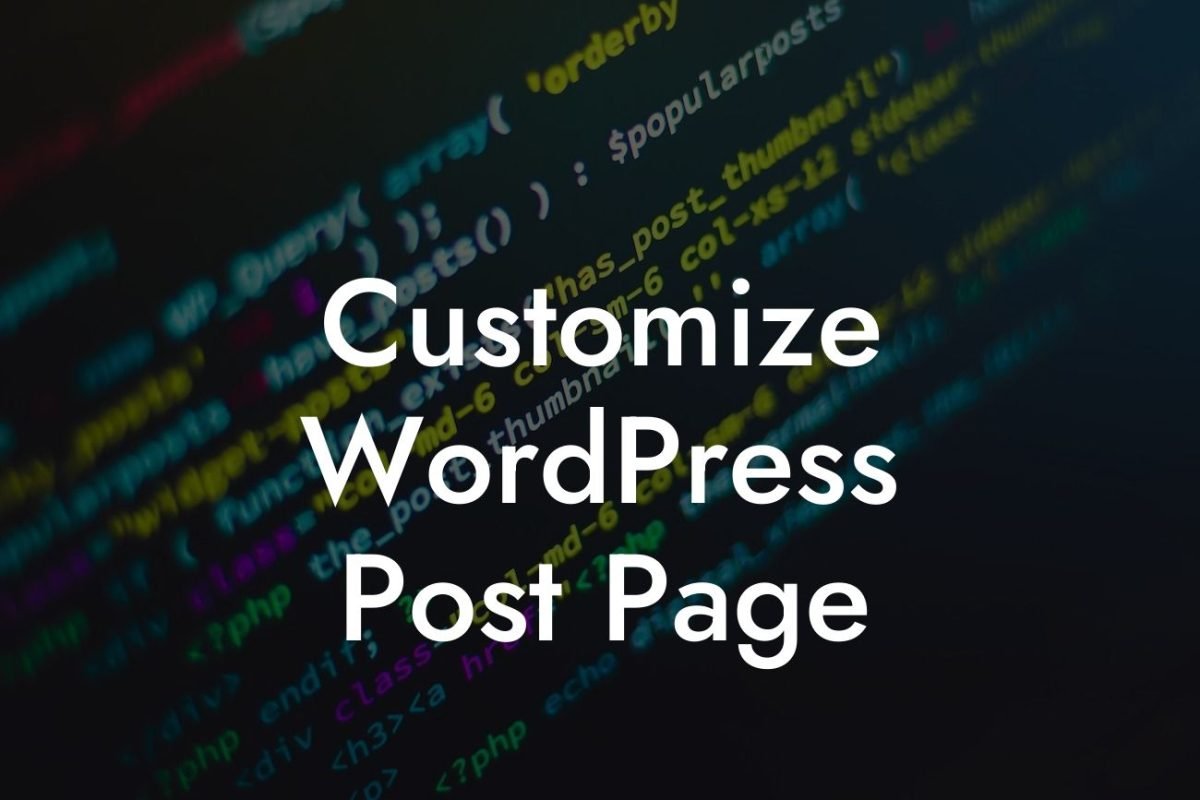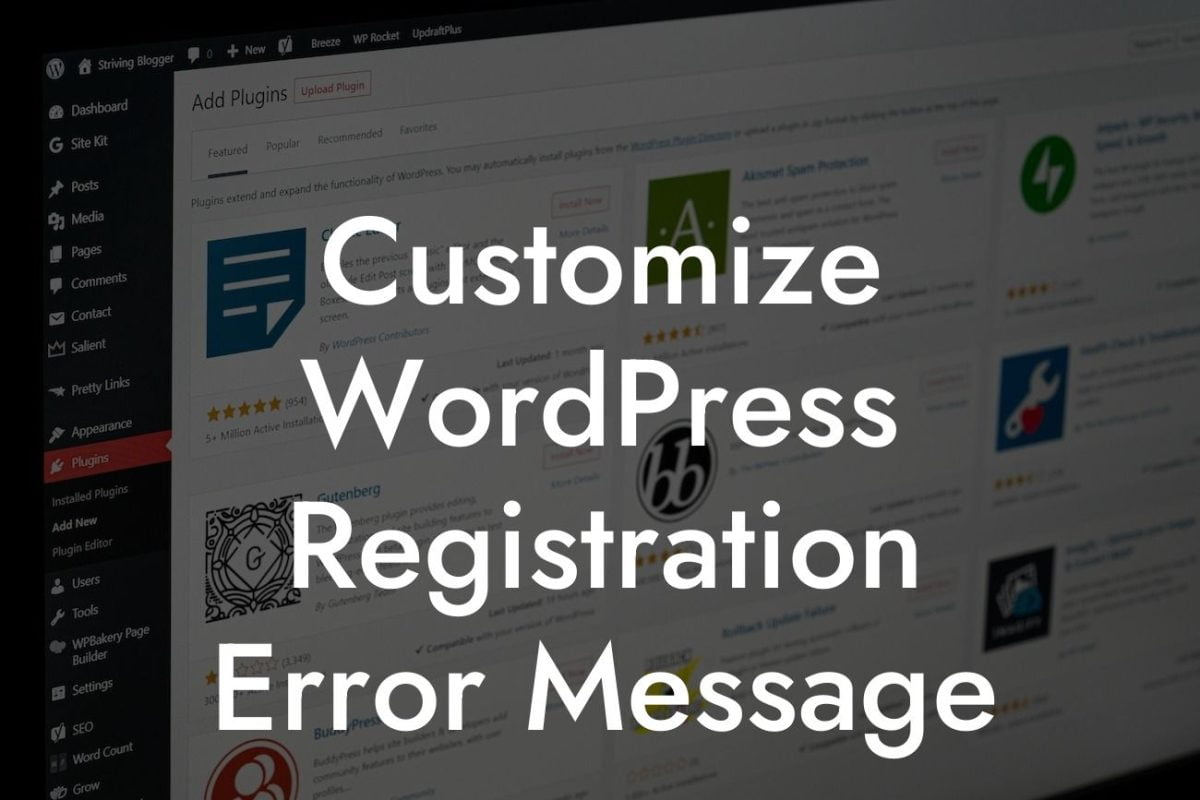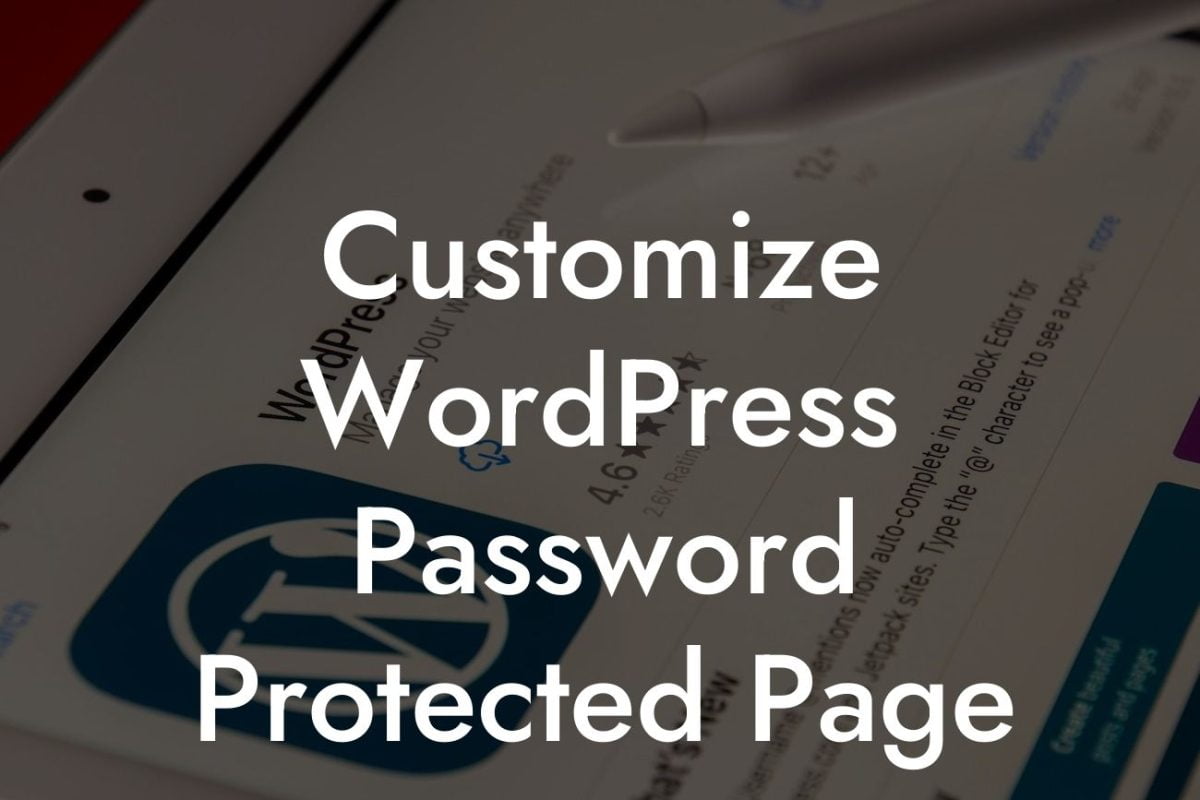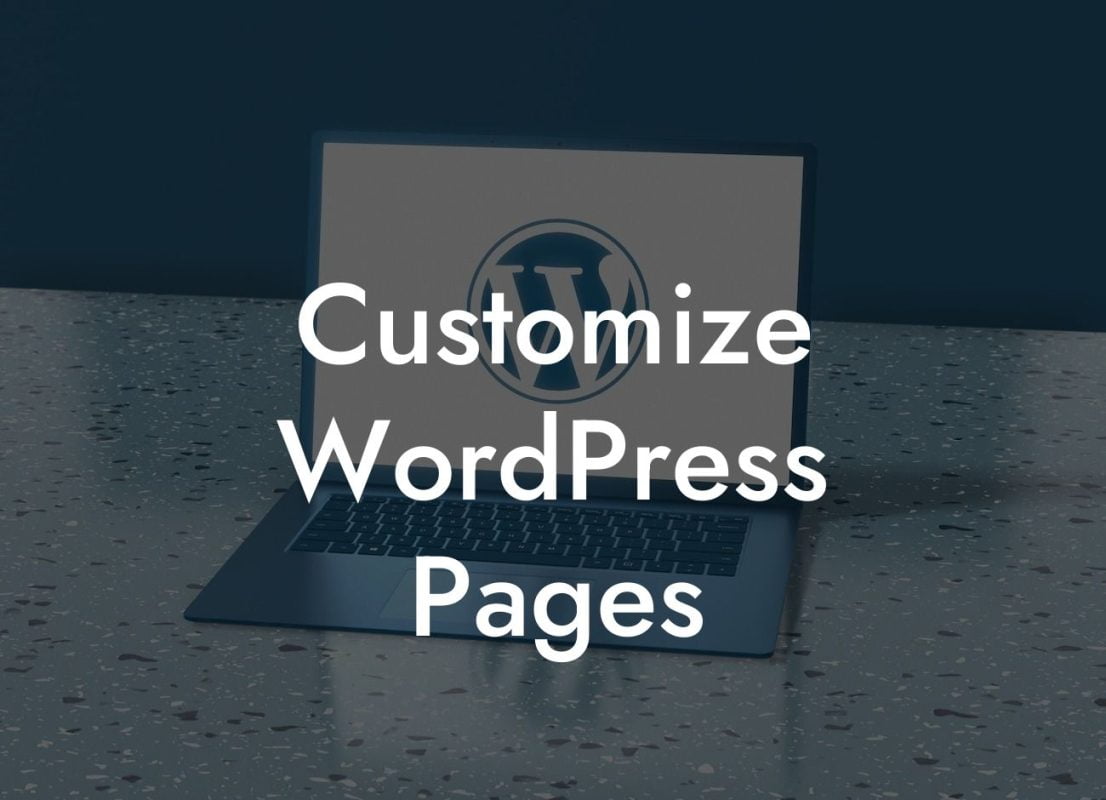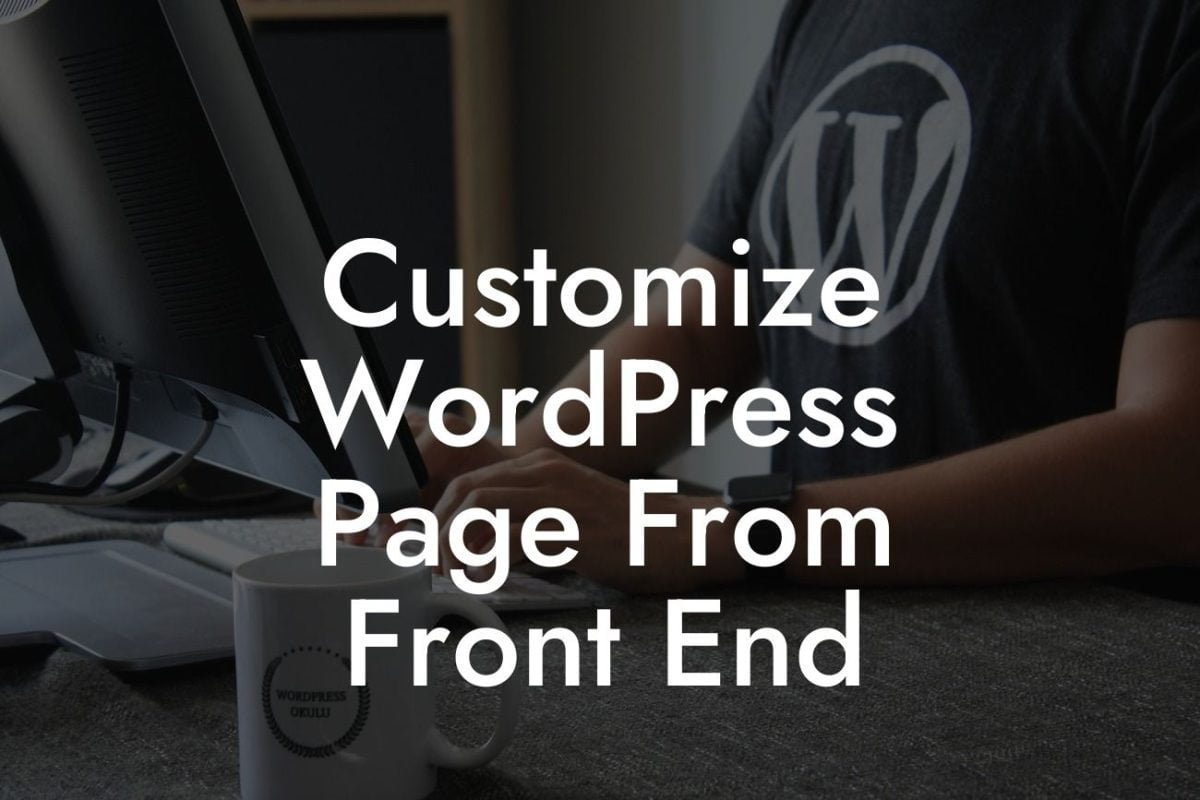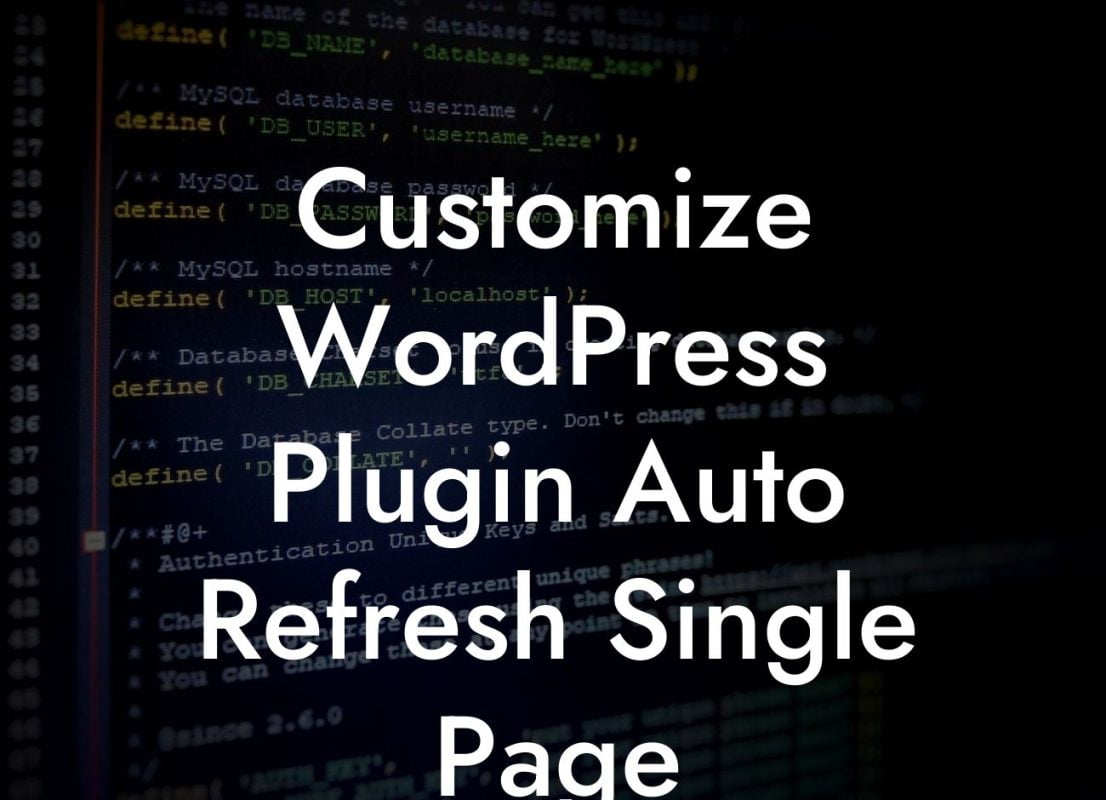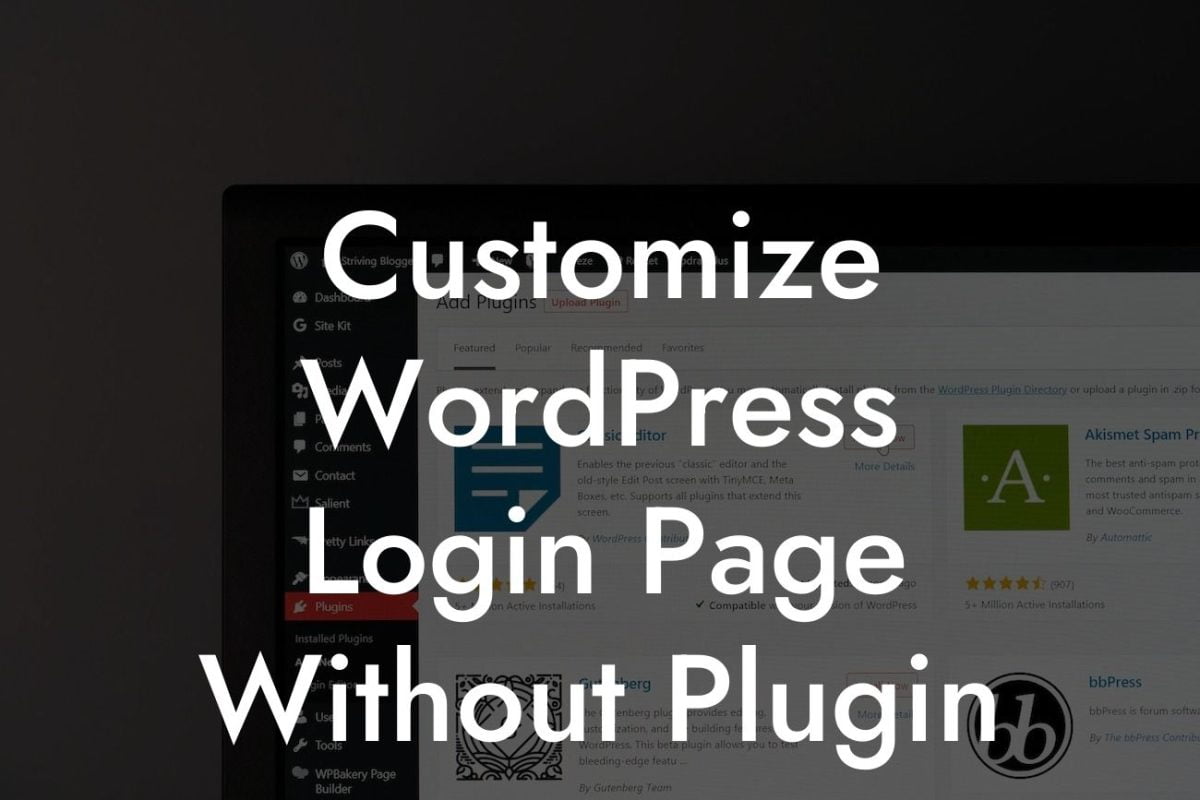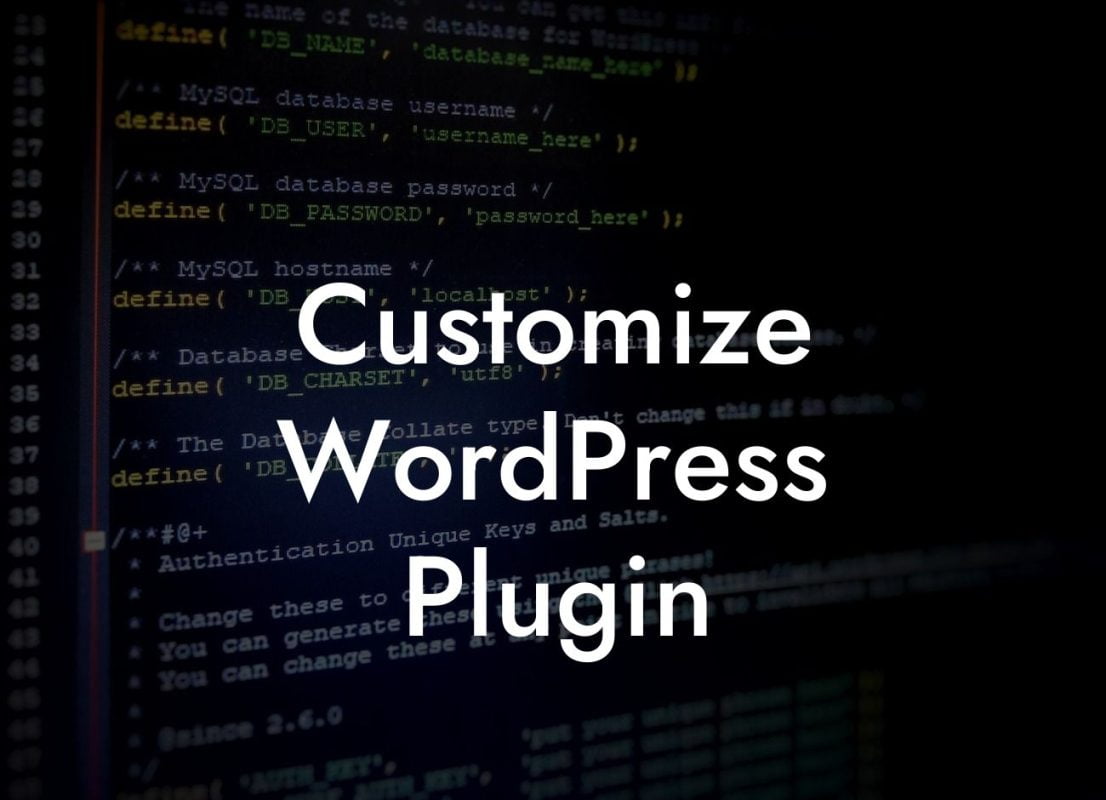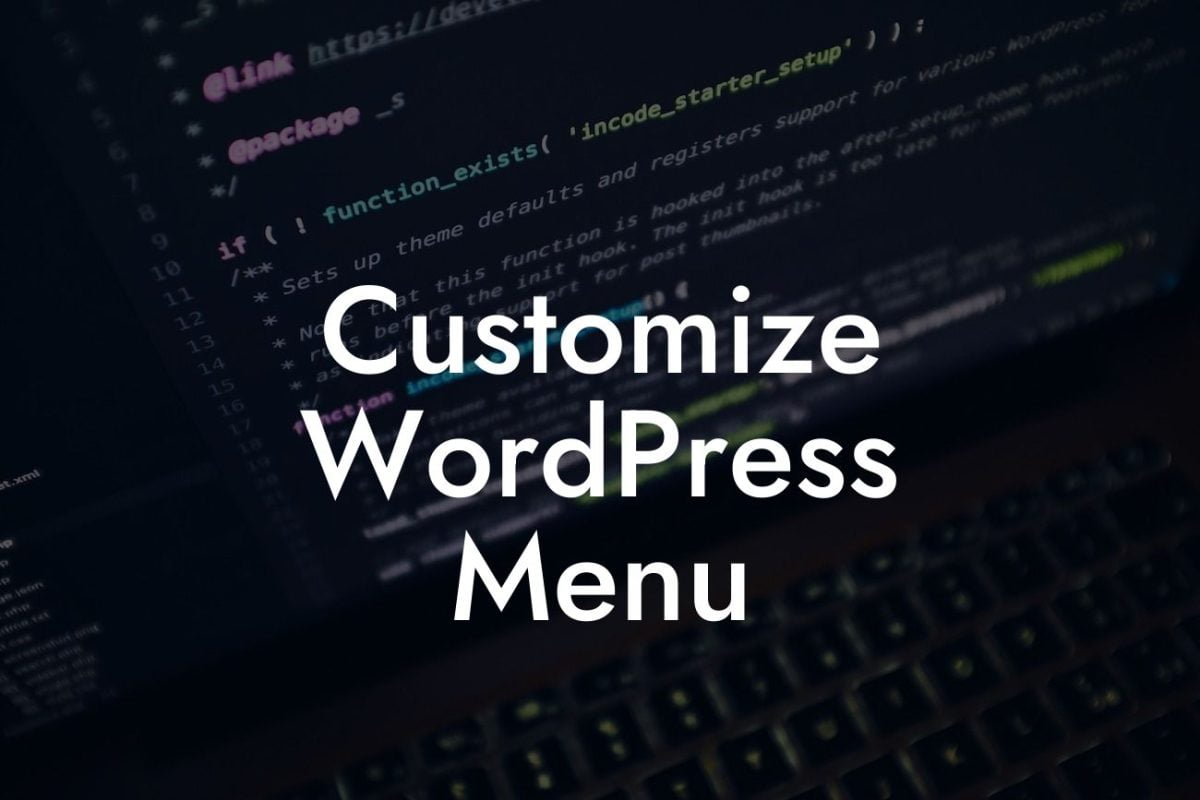WordPress is an incredibly popular platform for websites, and with its widespread use comes increased vulnerability to security threats. As a small business owner or entrepreneur, it's crucial to protect your website from potential hackers, malware, and other malicious activities. In this guide, DamnWoo will walk you through the essential steps to secure your WordPress website effectively.
1. Keep WordPress Core, Themes, and Plugins Updated:
- Regularly updating your WordPress core, themes, and plugins is one of the most critical steps in safeguarding your website. New updates often include security patches that address any vulnerabilities.
- Set up automatic updates or manually check for updates regularly to ensure your website is running on the latest versions.
2. Choose Reliable and Secure Themes and Plugins:
Looking For a Custom QuickBook Integration?
- Opt for themes and plugins from reputable sources, such as trusted marketplaces or official developers with good reviews and frequent updates.
- Avoid using pirated or nulled themes and plugins, as they often contain harmful code that can compromise your website's security.
3. Use Strong and Unique Login Credentials:
- Create strong passwords for your WordPress admin account, ensuring a combination of uppercase and lowercase letters, numbers, and symbols.
- Consider using a password manager to generate and store strong, unique passwords for all your accounts, including WordPress.
4. Implement Two-Factor Authentication:
- Two-factor authentication (2FA) adds an extra layer of security to your WordPress login process. It requires a second verification step, usually through a mobile app or email, to access the admin panel.
- Utilize reputable plugins like Google Authenticator or Wordfence for implementing 2FA on your WordPress website.
How To Secure Wordpress Website Example:
Let's say you have a small e-commerce site powered by WordPress. To ensure its security, you consistently update the WordPress core, themes, and plugins. Additionally, you use strong passwords and have implemented two-factor authentication for your admin account. These measures significantly reduce the risk of your website falling victim to cyberattacks and unauthorized access.
Securing your WordPress website is not something to be taken lightly. By following the steps outlined in this guide, you can defend your website against potential threats and protect your online presence. Explore other helpful guides on DamnWoo for more tips and tricks, and don't forget to try our awesome plugins designed exclusively for small businesses and entrepreneurs. Share this article to spread the knowledge to fellow WordPress website owners!

